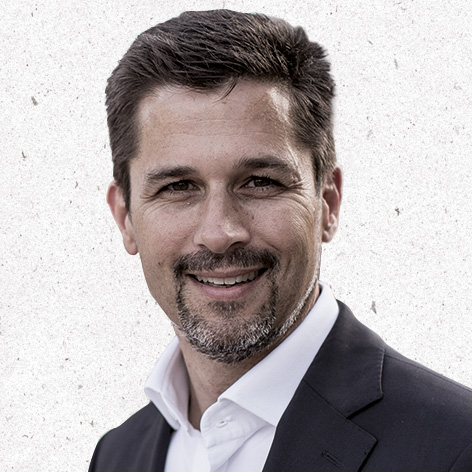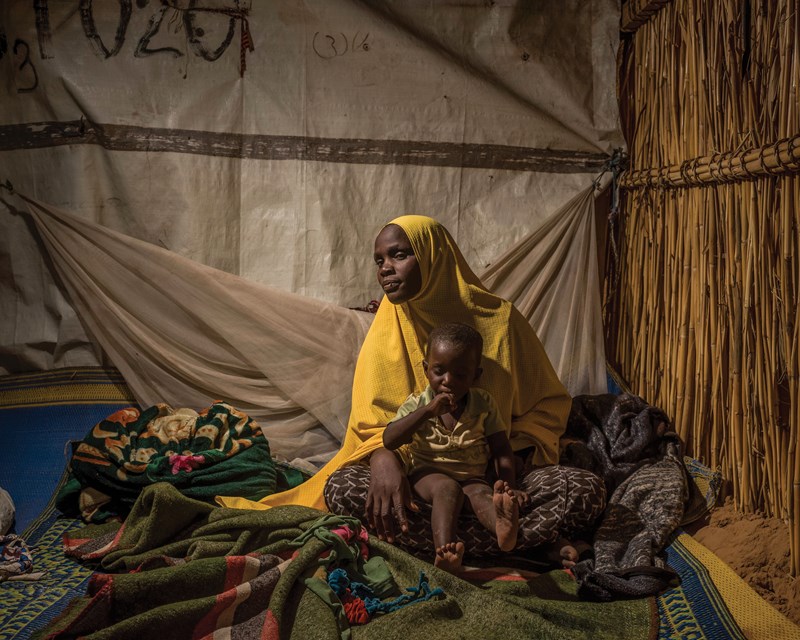
Two billion. That’s the number of people the United Nations estimates will live in slums – informal urban settlements – by the year 2030, double the number doing so today. Most will make the move hoping for a better future, but the sad truth is that millions will be trapped in poverty. So what will ensure that the biggest urban migration in history is a path to prosperity, rather than poverty?
That’s just the kind of challenge we like to turn our minds, and capital, to at the Legatum Foundation. Over the years the foundation has invested to help abolish slavery for 30 million people through the Freedom Fund, to end neglected tropical diseases (NTDs) for more than 1 billion people through The END Fund, and help get 60 million out-of-school children back into education through Speed Schools.
With each challenge we ask the question all investors ask: which opportunity provides the best return on investment (ROI)? In philanthropic terms, that means what interventions will have the greatest measurable social impact.
Investing in programmes that maximise each dollar is important to the foundation. When Legatum first considered investing in NTDs, the investment case was compelling. For every $0.50 invested we could leverage $10 in donated medicines, ensure that people at risk would be treated for a year, and strengthen local health systems.
We launched the programme in Burundi with spectacular results: over five years, the national prevalence of hookworm dropped from 18 per cent to 2.6 per cent; blinding trachoma levels dropped from 13 per cent to 3 per cent; and schistosomiasis prevalence reduced from 12 per cent to 1.4 per cent.
People were healthier and could go back to work and children missed fewer days of school. It was one of the best ROIs we had ever seen. And it led us to launch The End Fund in 2011, a philanthropic investment vehicle where other donors and social investors could come together to invest in NTD control.
So when considering the 1 billion people currently living – and, in many cases, suffering – in slums, we asked the same investment question. However, while the potential for impact was clear, the investment case was not. With our delivery partner, Geneva Global, we trialled a process to start fleshing out the investment case. The process itself was a learning curve, our own education along the way to tackling the challenge of slums.
Despite considerable investment in slums around the world, existing approaches aren’t working fast enough and are unlikely to deliver the impact needed to address the scale of the challenge. To find out why, we convened a workshop in Dubai – the Slum Summit – to answer some fundamental questions: what is already working well in the slum sector that can be strengthened, replicated or scaled? What ingredients are lacking which, if enabled, would lead to catalytic impact? What opportunities exist to integrate the work of organisations in slums to achieve greater impact? What distinctive contribution can the Legatum Foundation make to offer a compelling social return on investment?
Not being experts on slums, the next step was to see who could answer these questions. We saw value in engaging different minds on the issue, so we went to great lengths to identify participants with diverse skills and backgrounds.
We hoped the workshop would develop new thinking and ideas, not just to improve conditions, but also to find ways to transform slums into communities of opportunity.
We identified participants, and set a quota for each, in five categories: slum community leaders, NGOs, entrepreneurs, private sector service providers and policymakers, ensuring gender and age diversity, too. The inclusion of entrepreneurs and business leaders was, to my mind, crucial to exploring the role of the private sector in transforming slums.
The workshop was small – just 25 participants – to enable each person to contribute their ideas and to allow each person to engage in meaningful discussion. The hope in gathering such a diverse group was to infuse discussion with different perspectives and foster innovation: either new ideas, or new combinations of existing ideas, that would deliver a big impact.
Broad geographical representation was also vital given the scale and global scope of the challenge. Participants came from nine countries, including Brazil, Uganda and India – three geographies that have significant urbanisation challenges and where the foundation may test and refine an investment approach through pilot projects.
So what did we learn? On the issue of slums, it was clear to those attending that there is a significant global community living and working in slums that lacks a coordinated voice and strategy for progress toward greater prosperity. The conference enabled conversations that produced immediate value and laid the groundwork for long-term cooperation, both inside and outside the scope of the foundation’s future programme.
Would we go through the workshop process again? This is a new approach to programme design for us, and it worked well where, as a potential investor, we had insufficient knowledge to form an investment case.
Did a compelling investment case emerge? Not immediately, but we are confident it will.
The ideas generated are being distilled, which will firm up the investment case for a series of pilot projects to implement across three locations. Participating in the workshop also enabled due diligence on a number of implementing partners, with whom we hope to work on the ground.
We are confident there is a role for investors like ourselves in transforming slums, and while it’s too soon to say if these efforts will lead to the desired breakthrough, we've learnt a great deal and moved closer to our vision of launching a new, slum-focused philanthropic investment fund. – PA
“We hoped the workshop would develop new thinking and ideas not just to improve conditions, but to find ways to transform slums into communities of opportunity.”

About the writer
Andrew Doust is vice president of strategy at Legatum, a private investment group. The Legatum Foundation’s philanthropic portfolio invests in catalytic global development programmes and has allocated more than $100m to health, human liberty, education and economic empowerment projects in 107 countries.





